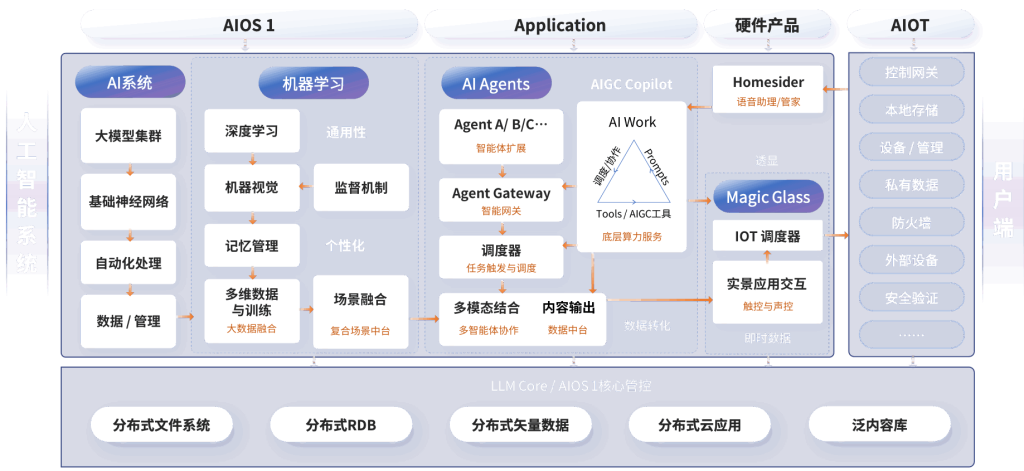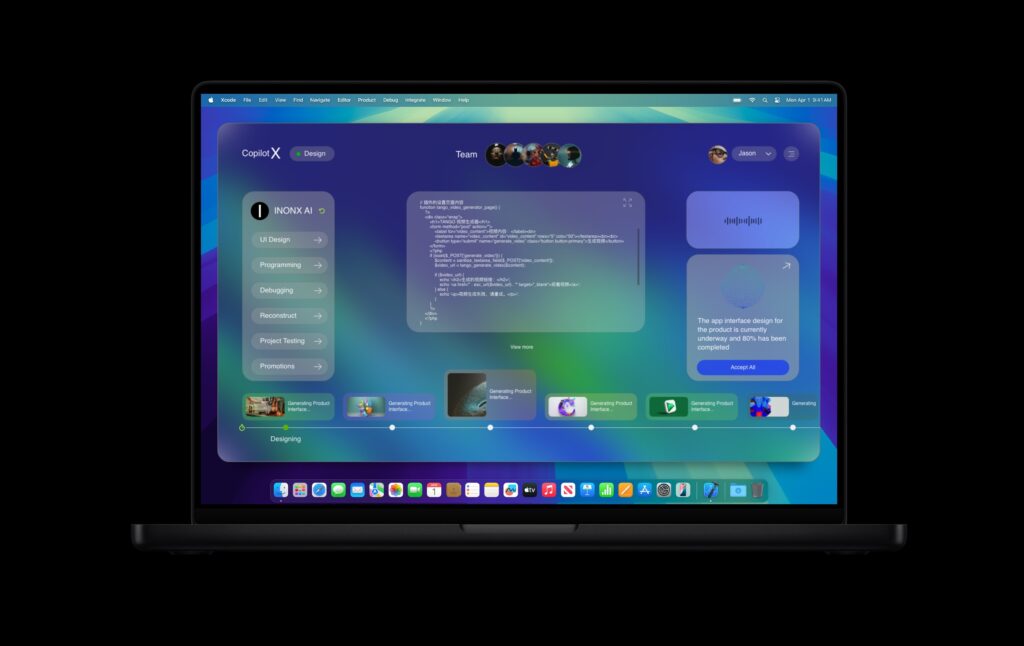AI automation refers to the use of artificial intelligence technologies to streamline and enhance tasks traditionally performed by humans. With the advent of sophisticated algorithms and data processing capabilities, AI technology has started to automate everything from routine office tasks to complex manufacturing processes. The significance of AI automation extends to various sectors, including finance, healthcare, logistics, and customer service.
Moreover, the ability for machines to carry out tasks with minimal human intervention is fostering greater efficiency and productivity across different industries.
.
**AI Agents: Revolutionary Digital Workers**
AI agents are software programs designed to perform tasks based on specific inputs and rules. They leverage machine learning and natural language processing to interact intelligently with users and systems. Unlike traditional automations, AI agents can adapt and learn from data, making them versatile in their applications.
Several industries employ AI agents for customer support, virtual assistance, and data analysis. Companies like Google and Amazon have already integrated AI agents into their services, showcasing their potential to transform customer experiences and simplify operations.
.
**Agentic Workflows: Leveraging AI for Enhanced Efficiency**
Agentic workflows refer to the process improvements brought about by the integration of AI agents into business operations. These workflows are characterized by seamless collaboration between human workers and AI agents, with the latter handling repetitive or data-intensive tasks.
In practice, organizations implementing agentic workflows experience significant reductions in errors and inefficiencies. By reallocating human resources to focus on strategic tasks, businesses can enhance their overall productivity. The rise of telecommuting and digital workplaces has only accelerated the need for such integrated workflows, emphasizing the importance of technology in today’s work environment.
.
**Full Work Automation: The Future of Task Management**
The concept of full work automation involves the complete delegation of specific tasks to automated systems, leaving minimal to no room for human intervention. This level of automation is made possible through advancements in AI technologies, particularly via AI large models and multimodal AI-agents.
The comprehensive approach of full work automation can be seen in industries like manufacturing, where robots are now capable of managing entire production lines independently. Similarly, in the financial sector, algorithmic trading systems can analyze market trends and make trading decisions autonomously.
.
**Auto-Works Platform: A New Era of Automation Tools**
The Auto-Works platform represents a growing trend in the automation landscape, providing businesses with tools to create, manage, and optimize automated workflows. These platforms enable users to design workflows that incorporate various automations, AI agents, and machine learning technologies.
From small businesses to large enterprises, organizations utilize Auto-Works platforms to decrease operational costs, improve efficiency, and enhance customer satisfaction. The rise of no-code or low-code platforms within this space is democratizing automation, allowing non-technical users to harness the power of AI technologies without deep programming knowledge.
.
**AI Voice Assistant: The Interface of the Future**
AI voice assistants like Apple’s Siri, Google’s Assistant, and Amazon’s Alexa have transformed the way individuals interact with technology. These systems use natural language processing to understand and respond to user inquiries, thereby providing a convenient interface for a multitude of tasks.
Their application extends beyond consumer devices; businesses are now integrating voice assistants into their operational frameworks to enhance customer service, streamline internal communication, and facilitate data retrieval processes. Voice-activated AI assistants enable hands-free operations, allowing workers to multitask efficiently.
.
**AIOS: A Comprehensive Integration System**
AIOS refers to a platform designed to create a seamless integration of various AI technologies and applications. It acts as a central hub where different AI tools, automations, and agents can operate together efficiently.
By fostering interconnectivity among AI tools, AIOS optimizes workflows and enhances performance across applications. Businesses can link their customer relationship management (CRM) systems, project management tools, and data analysis platforms, ensuring synchronized operations.
.
**AI Large Models: Powering Modern Intelligent Systems**
The rise of AI large models, including tools like GPT-3, has revolutionized the capabilities of AI systems. These models can process vast amounts of data and generate human-like responses.
Their applications are broad, ranging from content generation and translation to code development and data analysis. The high accuracy and contextual understanding provided by large models enable businesses to deploy AI in complex scenarios, thus driving innovation in various sectors.
.
**Multimodal AI-Agents: The Next Generation of AI Integration**
Multimodal AI-agents are sophisticated systems capable of processing different types of data—such as text, voice, and images—simultaneously. This capability opens new avenues for AI applications, enabling more enriched and responsive interactions.
Such agents promise significant impacts in industries such as healthcare, where they can analyze patient data (text, imagery, and audio) to offer comprehensive diagnoses or treatment recommendations. The development of multimodal AI-agents indicates a trend toward more holistic AI solutions that cater to diverse data forms and user requirements.
.
**Understanding Value and Industry-Specific Use Cases**
The value of these AI-driven technologies cannot be overstated. Aibusiness, for instance, has benefited immensely from implementing AI automation and workflows to eliminate redundancies and enhance decision-making. Industries like healthcare leverage Lab-on-a-Chip robots integrated with AI for rapid and precise diagnostics, showcasing the fusion of AI with groundbreaking technologies to speed up processes.
Organizations are also witnessing substantial financial benefits provided by these integrations. From making informed decisions to optimizing supply chain processes, companies using AI-driven technologies reduce costs while improving service.
.
**Future Developments: What Lies Ahead?**
Looking ahead, we can expect continued advancements in AI technologies. Integration of well-trained AI large models and sophisticated multimodal AI-agents will likely become standard across various industries. Furthermore, increased emphasis on ethical AI practices and security measures can safeguard user data while enhancing trust in AI systems.
As industries increasingly embrace AI automation and agentic workflows, a significant transformation in workplace roles and responsibilities is anticipated. Human workers will focus more on strategic or creative tasks while automated systems handle routine work.
.
**Conclusion: Embracing the Change**
The evolution of AI technologies, ranging from automation to multimodal agents, is reshaping industries globally. As businesses continue to adapt to this new landscape, understanding these concepts and their applications will be critical in leveraging their full potential. From enriching customer experiences to optimizing operational efficiencies, the future is bright for organizations ready to embrace AI’s transformative power.
In conclusion, the continuous development of AI automations, voice assistants, and integrated systems like AIOS represents a shift toward a more efficient, intelligent, and responsive world. As these technologies evolve, organizations that prioritize integration will stand at the forefront of innovation and productivity in the years to come.

























